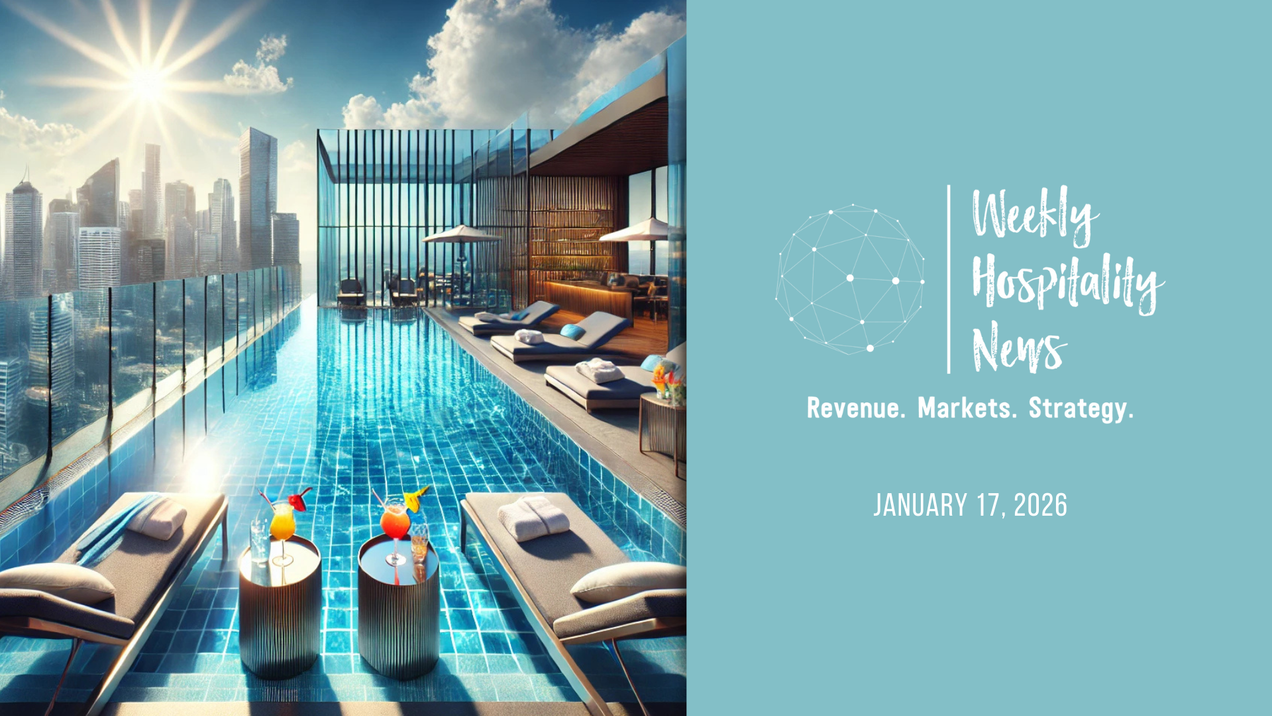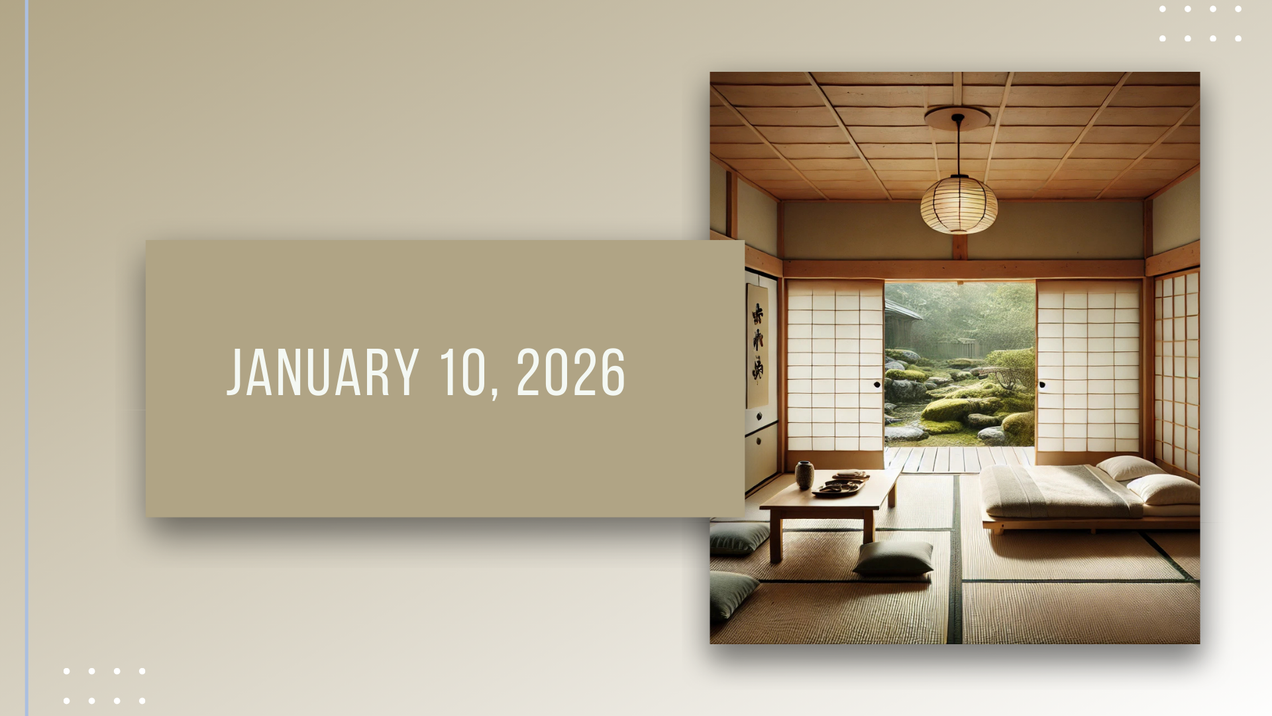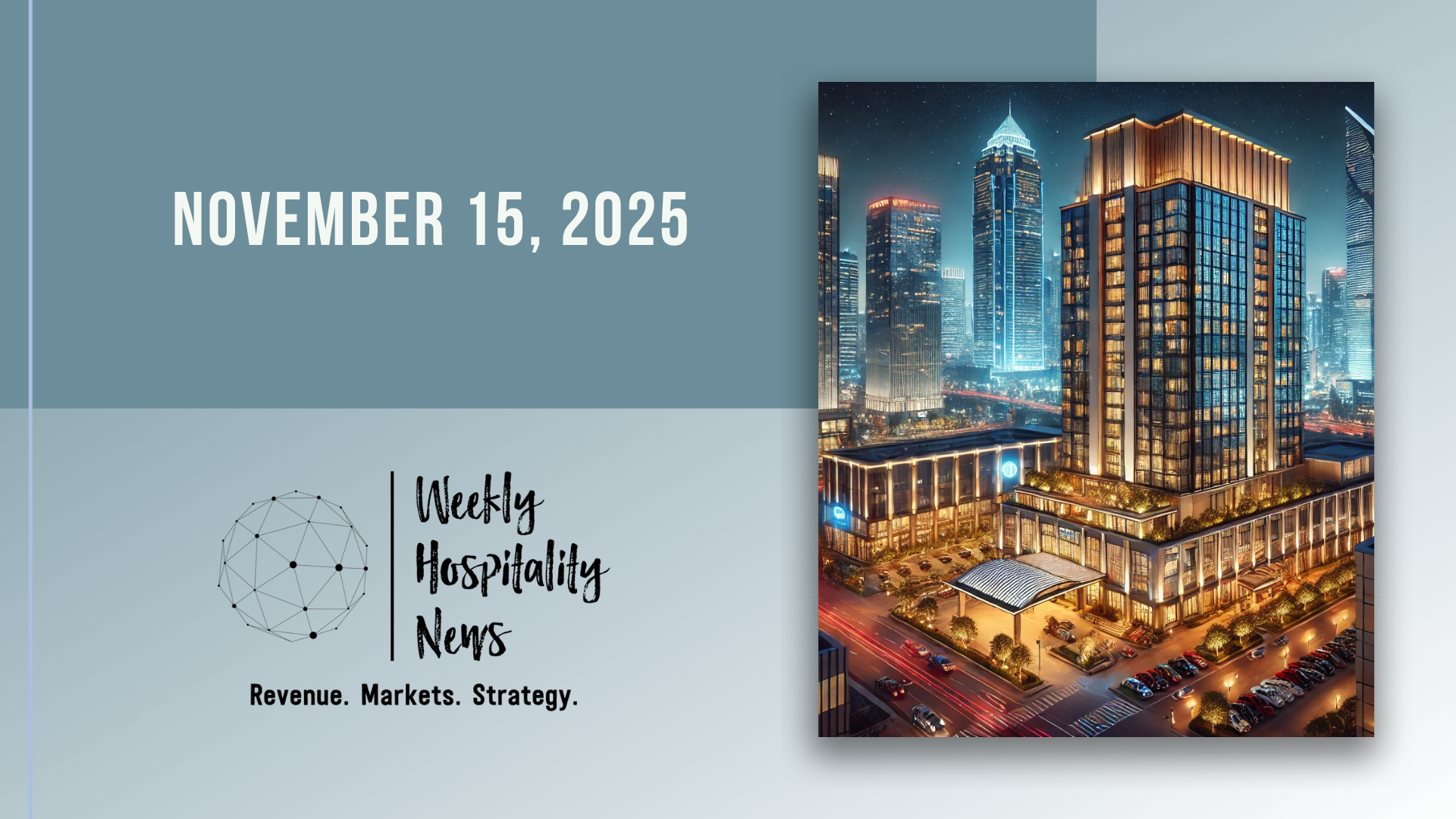
Weekly Insights. November 15, 2025
Best hospitality industry articles focused on 💵revenue, 📊markets, and 🎯strategy (Nov 9 - Nov 15, 2025)
Can integration hubs save the day?
In the near to mid-term, any full-service 3-4-5-star hotel will need over 100 plus APIs (application programming interface) with third-party tech applications and solutions to be able to function and meet the basic needs and wants of today's tech-savvy travelers. These include AI-enabled and powered applications like Agentic AI and chatbots, contactless guest experience, mobile locks, issue resolution apps, guest messaging, virtual concierge, IoT devices and utility management, smart room technology, entertainment hubs, CRM programs, CRs, RMS, Channel Managers, etc.
LLMs like ChatGPT and Google's Gemini need to enable Personal AI Agents to communicate and do a handshake with hoteliers' own AI Agents or with AI connectivity middleware platforms like the Model Context Protocol (MCP) and Agent-to-Agent (A2A).
There are over 5,000 established hotel tech vendors around the world working around the clock to develop new and innovative solutions to common problems or applications to elevate service delivery in hotel operations, guest communications, revenue management, marketing, etc.
Historically, to access these much-needed third-party solutions and applications required lengthy and expensive integrations that "had the effect of dissuading hoteliers from actively seeking out tools that would enhance their business and the guest experience, because they knew that even if they found a great solution, integrating it would feel like more trouble than it's worth," as per Mews PMS CEO Matt Welle.
So, what is the solution? Can integration hubs, PMS-related or third-party Integration hubs, step in and solve this urgent industry need?

What are branded residences, and why are they becoming popular among developers?
The article explains branded residences as homes linked to well known hotel or lifestyle brands that deliver hotel style services, strong maintenance, and convenience. It highlights why developers favor them, including premium pricing, faster sales, and steady service standards that a brand can guarantee. Demand is rising among buyers who want luxury living with access to amenities and managed upkeep. The article also notes the need to choose the right brand and operating model and to weigh fees and long term commitments before launching or buying.
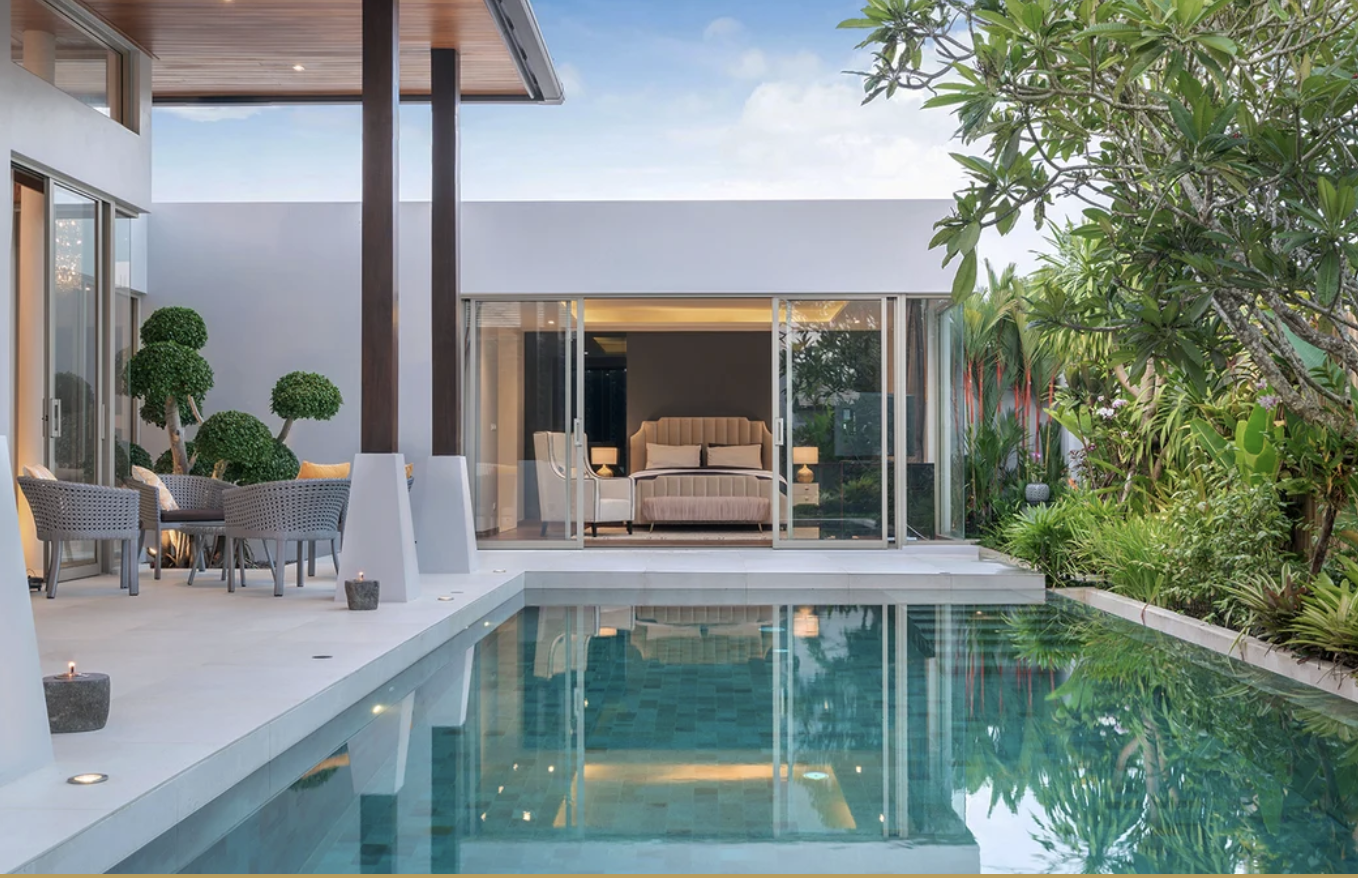
What does 2025 performance data reveal about traveler trends and hotel profitability worldwide?
The article shares 2025 travel trends and what they mean for hotel profit. It notes shorter booking windows, stronger demand for experiences and flexibility, and rising influence of AI in search and pricing. It urges hotels to focus on profitable mix over raw volume, grow total revenue beyond rooms, and use clean data with automation to act faster. It also highlights tight cost control, smarter use of OTAs alongside direct, and personalized offers as keys to protecting margin in a changing market.

Agentic search and AI: The future of hotel marketing
The article explains that agentic search is changing hotel marketing because AI now answers questions and can take actions like comparing hotels and starting a booking, not just showing links. To stay visible and win direct demand, hotels should keep listings and rates accurate, structure content clearly, collect strong reviews, and pair solid SEO with AI friendly content and data integrations. It closes with simple steps to test, measure, and update campaigns as these AI tools spread.

Why wellness hotels are redefining guest expectations
The article explains what defines a wellness hotel and how to build one that drives revenue and guest loyalty. It covers core pillars such as sleep quality, nutrition, movement, spa and mindfulness, and nature connection, then shows how to package these into stay offers, retreats, and day experiences. It recommends clear positioning, strong visuals, honest benefit language, and partnerships with local practitioners, plus smart pricing, upsells, and direct booking tactics to capture demand year round.

Hotel POS systems: Main types, features, and integrations
The article explains what a hotel POS system is, how it works across outlets like restaurants, bars, room service, spa, and retail, and why tight integration with the PMS matters for posting charges and real time inventory. It walks through key features such as tableside ordering, menus and modifiers, payments and tipping, mobile and kiosk options, loyalty and vouchers, and analytics. It compares deployment models like cloud versus on premises and outlines how to choose a vendor by looking at integrations, hardware needs, security, support, and total cost. It ends with common use cases and examples to help hotels match POS capabilities to their operations.
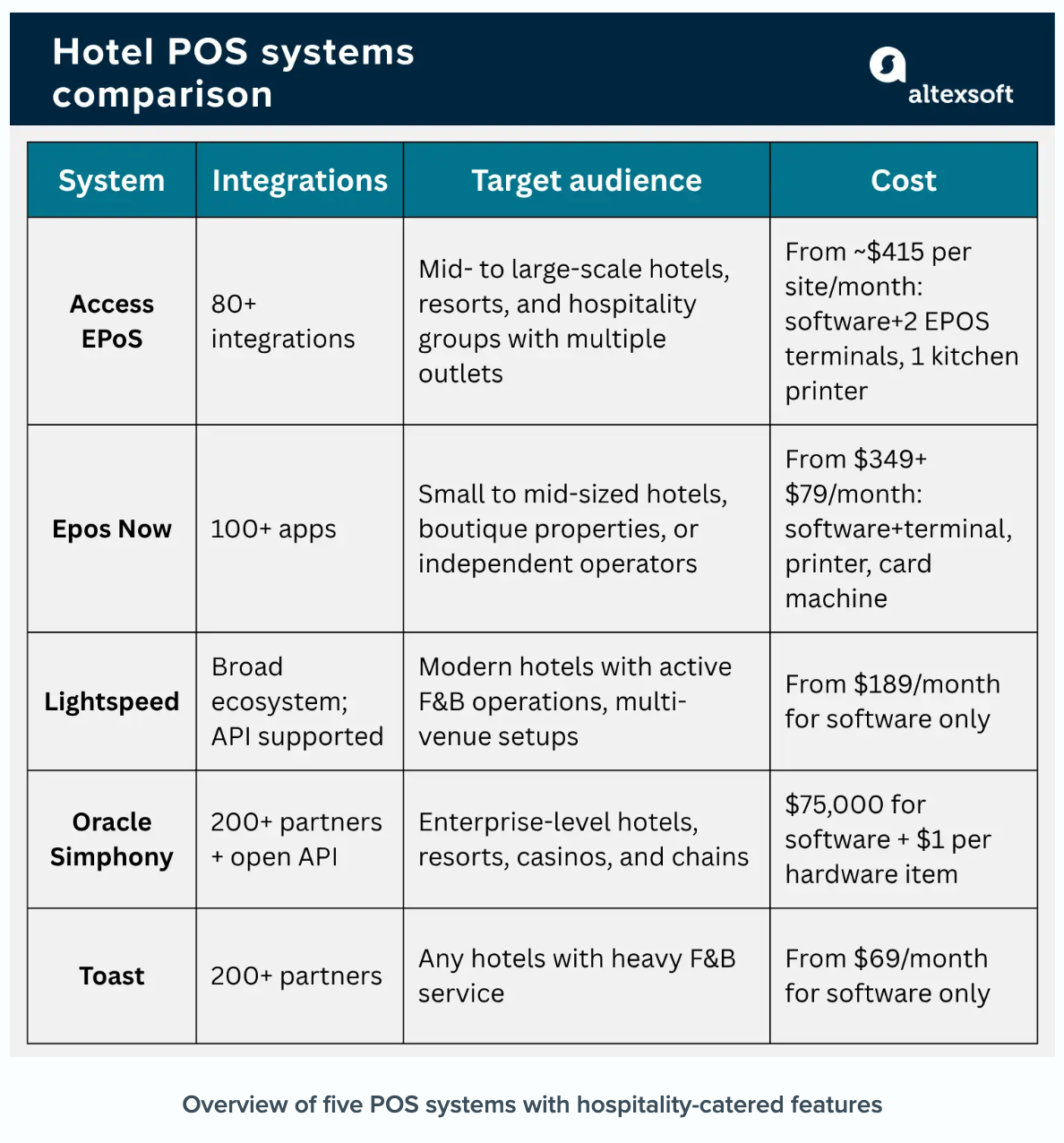
Reimagining space: How hotels are turning underutilized areas into revenue, relevance, and guest value
The article explains how hotels are turning underused areas into flexible, guest friendly spaces that generate more revenue. It links this shift to hybrid work, demand for experiential environments, and the need to modernize without expensive expansions, suggesting multiuse lounges, pop up retail, coworking zones, and event ready layouts that adapt through the day to boost both satisfaction and profitability.
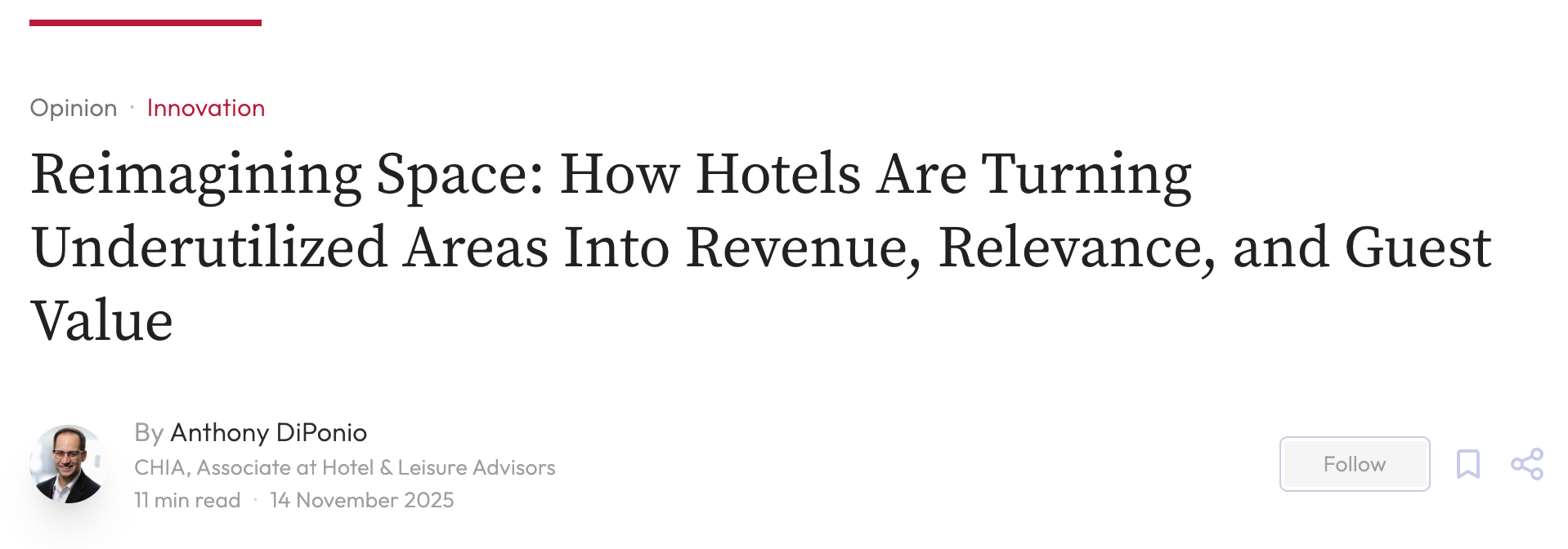
Follow on LinkedIn

